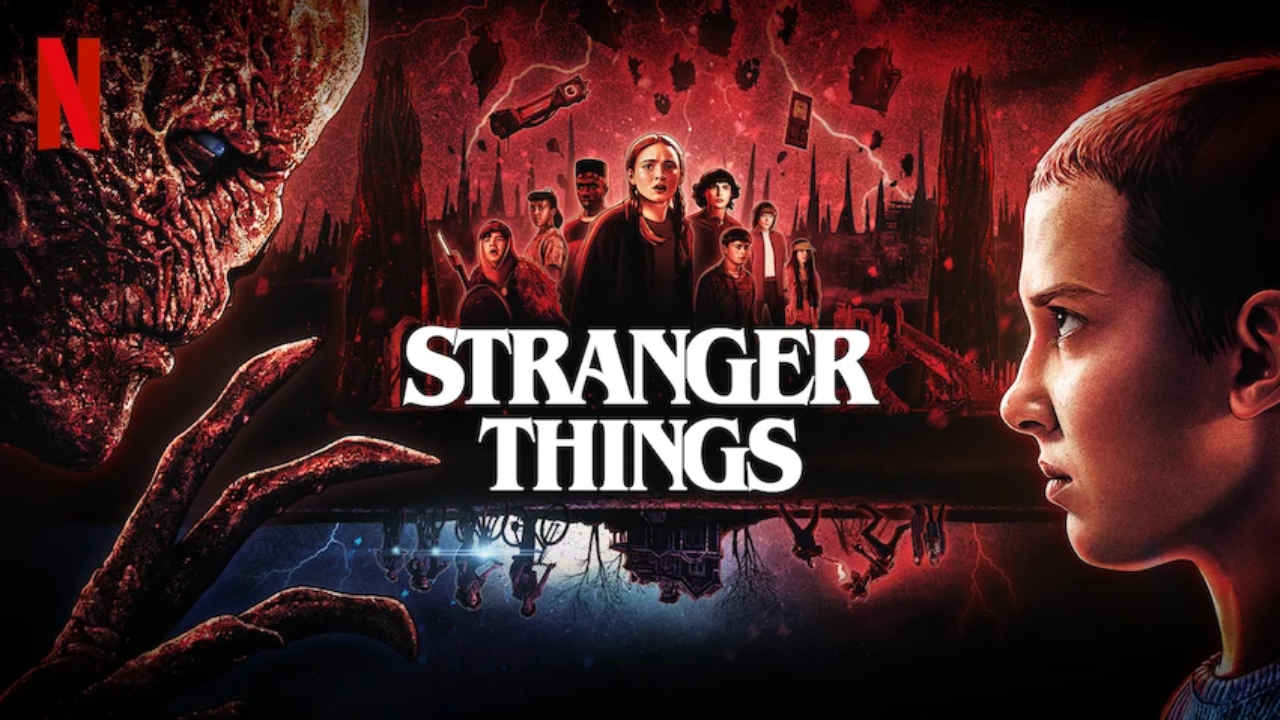Tell Me How I Die (2016): A Twisted Journey Through Premonition and Paranoia
Tell Me How I Die is a 2016 psychological horror-thriller directed by D.J. Viola that explores the terrifying implications of foresight—and the disintegration of free will when people begin to believe their futures are already sealed. With a chilling premise and a tension-driven plot, the film blends elements of science fiction, suspense, and slasher horror to deliver an unsettling look at what happens when knowledge of death becomes a self-fulfilling prophecy.
The story revolves around a group of young test subjects who participate in a clinical drug trial for a new experimental memory-enhancing substance called A9913. The drug is designed to expand the brain's capacity for memory retention, but it comes with an unexpected and terrifying side effect: it causes some users to experience vivid premonitions of future events—including their own deaths.

Among the participants is Anna (played by Virginia Gardner), who begins having disturbing visions that seem to depict how each subject will die. As her hallucinations become more intense and accurate, the group begins to realize that these aren't just hallucinations—they are glimpses into a predetermined future. Fear spreads among the participants as they try to figure out whether the visions can be altered, or if their deaths are inevitable.
As panic escalates and trust erodes, the group must confront not only the consequences of tampering with the brain but also the realization that someone—or something—may be deliberately ensuring the predicted deaths come true. A masked killer begins stalking the facility, turning their psychological nightmare into a very real one. The film blurs the line between fate and choice, constantly asking: if you know your fate, can you change it—or does that very knowledge doom you?

While the concept is rich with potential, the film struggles at times with execution. The characters are archetypal—ranging from the rebellious loner to the reserved outsider—but their performances are committed. Virginia Gardner is a strong lead, capturing both fear and determination, and William Mapother adds intensity as the sinister presence connected to the drug’s origin.
Visually, the film is moody and claustrophobic, taking place largely within the confines of a snowy, isolated medical research facility. The setting enhances the feeling of isolation and paranoia, reminiscent of films like The Thing or Cube. The cinematography and editing support the narrative’s psychological disorientation, using rapid cuts, disorienting angles, and eerie silence to heighten suspense.

Where Tell Me How I Die shines most is in its concept—the idea that knowing the future might trap you in it. The film plays with the paradoxes of foresight: if you see your death, do you accelerate it by trying to avoid it? It taps into fears about autonomy and the consequences of science advancing faster than ethics.
In conclusion, Tell Me How I Die is a thought-provoking, if uneven, thriller that thrives on paranoia and predestination. It asks chilling questions about memory, identity, and whether knowing too much can be just as dangerous as knowing nothing at all. While not flawless, it offers a tense, original ride for fans of high-concept horror with a psychological twist.



